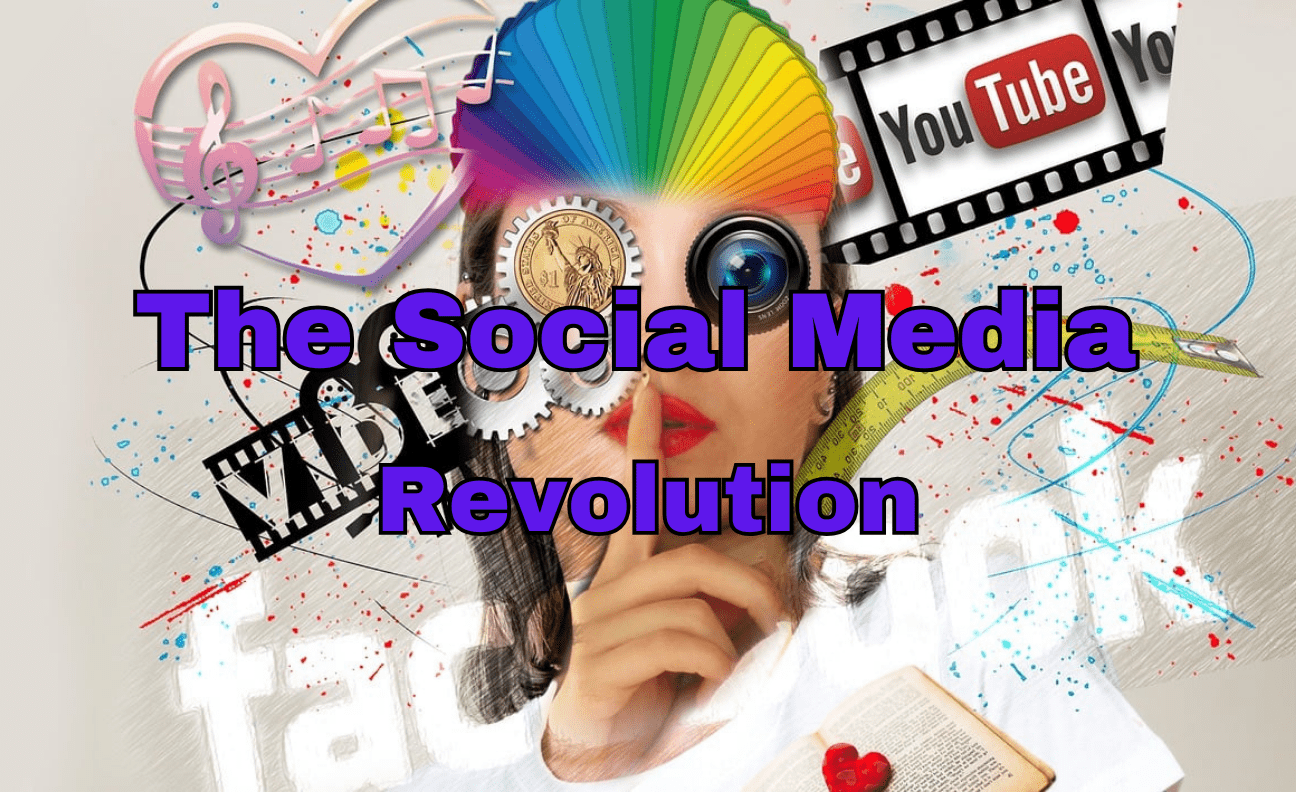In a rapidly evolving digital landscape, businesses are rewriting the rules of engagement, as 82% of them now believe that consumers will find brands using social media rather than traditional search engines, according to HubSpot‘s recent Social Media Report.
This seismic shift is transforming the way companies interact with their customers, from shopping to customer service. In this feature, we will further explore the key findings of the report and delve deeper into the implications for businesses in the ever-evolving world of social media.
A New Frontier: Social Media as the Primary Discovery Channel
With 70% of brands now selling products directly through social media and nearly 80% investing in advertising on the big four platforms – Facebook, Instagram, YouTube, and TikTok – it is evident that businesses are recognising the immense value of reaching consumers through these channels.
What’s more, social media has become more than just a platform for scrolling through posts; it’s now a marketplace where brands and consumers converge.

The Rise of Social Media Shopping and Customer Service Redefined
Interestingly, social media shopping is no longer a trend; it’s a phenomenon that’s reshaping the e-commerce landscape. As businesses adapt to this new reality, the marketing director UK&I at HubSpot aptly expressed that the future of marketing is no longer about interrupting what people are interested in; it’s about being what people are interested in.
Moreover, this statement boldly underscores the importance of businesses aligning their marketing efforts with consumer interests on social media.
Beyond shopping, social media is also redefining customer service. A staggering 74% of organisations have declared that social media will become consumers’ preferred means of customer service this year.
Therefore, gone are the days of languishing on hold during telephone conversations; consumers will now turn to the direct messaging features of companies for quick and efficient assistance.
Understanding the Power of Adaptation and The TikTok Takeover
To succeed in this evolving landscape, brands must recognise the importance of understanding their customers’ preferences and adapting their engagement strategies accordingly.
As HubSpot previously emphasised, attracting and retaining key audiences hinges on meeting them on their preferred channels. A robust social media presence is no longer a luxury but a necessity for any brand aiming for success in the digital age.
Furthermore, while all major social media platforms have witnessed growth, one platform stands out as the undisputed champion of potential growth – TikTok. More than half, 55%, of businesses believe that TikTok holds the key to future success, eclipsing traditional favourites like Instagram, which only garnered 8% support.
Notably, the love for TikTok among younger generations is a considerable driving force behind this trend, and businesses are eagerly riding the wave to stay relevant and successful.

Advantages for Businesses
Embracing the social media revolution offers businesses a multitude of advantages. Firstly, it provides an unprecedented avenue for direct and real-time engagement with their target audience, fostering stronger brand-consumer relationships.
Secondly, it facilitates highly targeted advertising, allowing companies to reach specific demographics with precision, thus maximising return on investment (ROI). Additionally, social media serves as a dynamic marketplace, enabling businesses to directly sell their products or services to a vast online audience. It also provides invaluable data insights, allowing for data-driven decision-making and the tailoring of marketing strategies to consumer preferences.
Furthermore, as consumers increasingly turn to social media for customer service, businesses that adapt can offer quicker and more efficient support, enhancing customer satisfaction.
Lastly, by embracing platforms like TikTok, businesses can tap into the growing influence of younger generations, ensuring long-term relevance and growth in a rapidly evolving digital landscape.
Potential Disadvantages for Businesses
While embracing the social media revolution offers numerous advantages, it also comes with potential disadvantages for businesses. Firstly, the constant connectivity and instant feedback can be a double-edged sword, as negative comments or crises can quickly go viral, damaging a brand’s reputation.
Secondly, maintaining an active and engaging social media presence can be resource-intensive, demanding significant time and financial investments. There’s also the risk of algorithm changes on social platforms affecting a business’s visibility, leading to unpredictable fluctuations in reach and engagement. Furthermore, privacy concerns and data security breaches are ongoing issues, potentially exposing both customer and company data to threats.
Lastly, the fast-paced nature of social media can create pressure to constantly produce content, leading to burnout and diluted messaging if not managed effectively. Therefore, businesses must carefully balance the advantages with these potential drawbacks when navigating the social media landscape.
Conclusion: Embracing the Social Media Revolution
In a time where social media reigns supreme, businesses are adapting to new norms, focusing on being what people are interested in rather than interrupting their interests. The statistics from HubSpot’s Social Media Report paint a clear picture that social media is not just the future; it’s the present. From shopping to customer service, the influence of social media on business operations cannot be overstated.
Therefore, this means that businesses must seize the opportunities presented by platforms like TikTok, which are favoured by the younger generations, and by understanding and meeting customers on their preferred channels, brands can position themselves for growth and success.
What’s more, the message is clear, which is that businesses need to adapt or risk becoming obsolete. The future belongs to those who embrace the social media revolution and make it an integral part of their business strategy.
As the digital world continues to adapt and evolve, businesses that ride the wave of change will thrive, while those who resist may find themselves left behind in the wake of progress.









